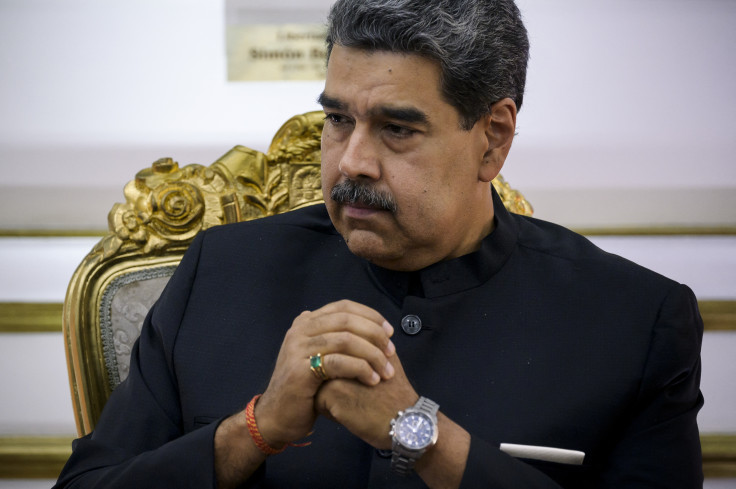
Most Latin Americans would support a U.S. military offensive to depose Venezuela's authoritarian president Nicolas Maduro, a new poll has revealed.
The survey, conducted by AtlasIntel for Bloomberg, shows that a majority of respondents in Argentina, Brazil, Chile, Colombia and Mexico agree with such a scenario. The figure is highest for Colombians (81%), followed by Chile (73%) and Brazil (61%), three countries that have received the bulk of Venezuelans who have fled the country's political, economic and social crisis. Argentina (56%) and Mexico (55%) show the lowest figures, but still more than half of respondents back such a scenario.
Respondents are not alone in their stance. A New York Times columnist recently called on President Donald Trump to consider the use of military force to remove him from power.
Concretely, columnist Bret Stephens is called for U.S. military intervention if coercive diplomacy fails to remove Maduro from power and bring an end to Venezuela's crisis. He claimed that, despite previous efforts like sanctions and diplomatic talks, these measures have not worked so far.
Stephens suggests that a peaceful off-ramp could serve as a starting point. The incentive would involve offering Maduro and his close allies permanent exile, likely in Cuba or Russia, and amnesty for Venezuelan military and intelligence officials who pledge loyalty to a legitimate government.
However, he adds, past attempts at change, including a bounty for Maduro's arrest and the failed 2019 revolt, have not achieved any results. Despite millions of people leaving the country and a deep economic crisis, the regime has shown little sign of giving up power voluntarily and has relied on military support and repression to tighten its grip.
That's why the columnist argues the threat of U.S. intervention would likely be the only way to convince Maduro to step down. Drawing on past examples like the U.S. intervention in Panama to remove Manuel Noriega, the columnist believes that military action – though this approach should ideally be a last resort – could swiftly end the Maduro regime and allow for a democratic transition.
Maduro claimed a third term after elections deemed fraudulent by a large portion of the international community. Despite this, Maduro maintains power while opposition leaders like María Corina Machado are forced into hiding and opposition presidential candidate Edmundo González, recognized as the rightful winner by the U.S., is in exile.
Daniel Raisbeck, a policy analyst on Latin America at the Cato Institute's Center for Global Liberty and Prosperity, recently told The Latin Times that sanctions are among the few realistic avenues the Trump administration has to exert some pressure.
"In terms of avenues that are open... There's very little that the U.S. can do, especially if it's not willing to intervene militarily. So I think [reimposing] sanctions will always be at the table," Raisbeck told The Latin Times.
Trump has not shown any intention to move toward a military intervention so far, and his special envoy Richard Grenell recently met with Maduro, an event that yielded the liberation of six Americans detained in the country and the country's willingness to take deportees.
© 2025 Latin Times. All rights reserved. Do not reproduce without permission.





